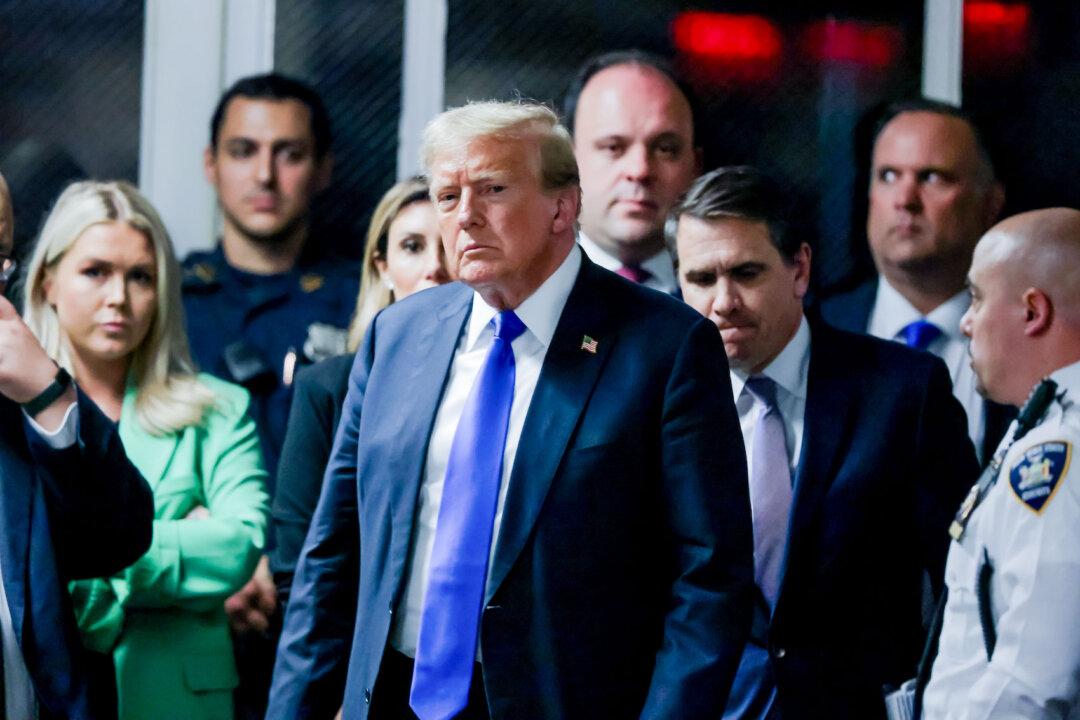Former President Donald Trump is attempting to bring his New York criminal case before the U.S. Court of Appeals for the Second Circuit as the case heads toward sentencing.
On Sept. 3, Judge Alvin Hellerstein rejected Trump’s attempt to move the case from state court to the federal Southern District of New York based, in part, on the Supreme Court’s ruling on presidential immunity in July.





